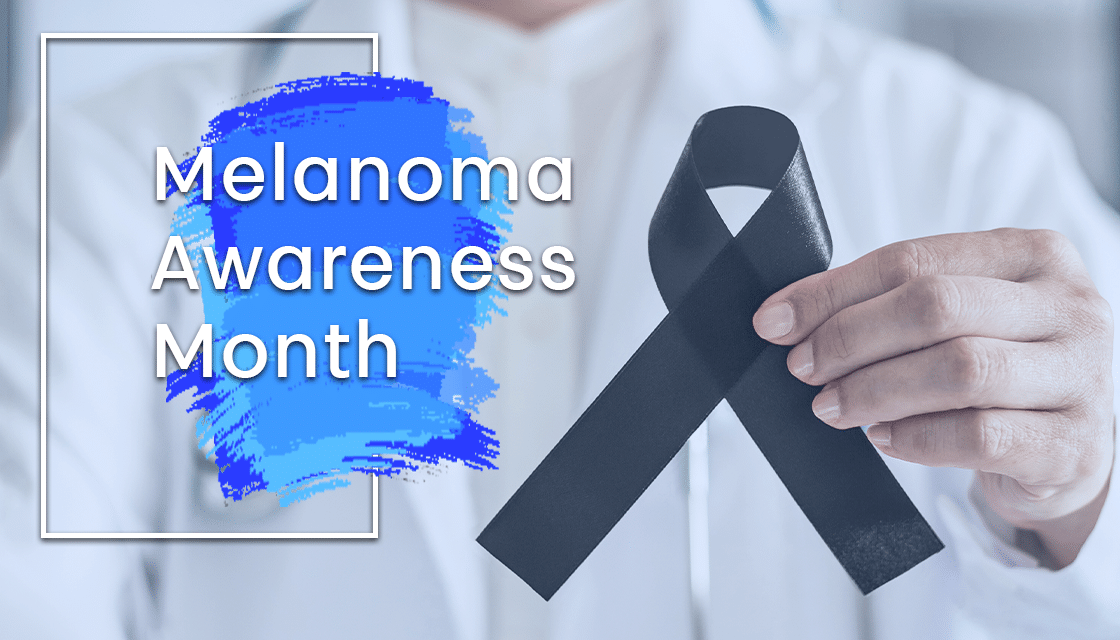Tips for Skin Cancer Awareness Month

May is National Skin Cancer Awareness Month in America. Education, prevention and early detection can lower the new diagnoses and fatality rates of this horrible disease.
Did you know skin cancer is the most common cancer in the world? In the U.S., skin cancer kills two people every hour, according to the Skin Cancer Foundation. One in 5 Americans will develop skin cancer by the age of 70.
There are many types of skin cancer. Basal cell carcinoma is the most common. Melanoma is the deadliest. Your risk of melanoma doubles if you’ve had more than 5 sunburns in your life. Almost 200,000 people in the U.S. will be newly diagnosed with melanoma in 2020.
Yet there’s hope: When detected early, the 5-year survival rate for melanoma is 99 percent. For all types of skin cancer, early treatment is highly effective and saves lives.
How to Prevent Skin Cancer
You should:
- Check your entire body once a month
- Call your doctor if you see something new, changing or unusual
- See your dermatologist annually
- Protect your skin from UV radiation
UV damage comes not only from the sun, but also from tanning beds. Skip the tan to further reduce your risk. When you check your skin, use a bright light and a mirror. Tell your doctor about anything new, changing or unusual.
Sun Protection
According to the Skin Cancer Foundation, 85 percent of melanoma cases and 90 percent of nonmelanoma cases are linked to sun exposure. Prevent your risk by practicing safe fun in the sun:
- Apply sunscreen. It should be SPF 30 or higher, and offer broad spectrum protection
- Choose a water-resistant sunscreen if you’re swimming or sweating. Apply every two hours
- Seek shade, especially between the hours of 10 a.m. and 4 p.m.
- Wear loose long-sleeves and pants
- Wear a wide-brimmed hat
Getting outdoors and into the sunshine is one of the best things about summer. Sunscreen and sunblock make it possible to enjoy it while mitigating your skin cancer risk.
Prevention Saves Lives
About 99 percent of all skin cancer cases are curable if they are detected and treated in early stages. Complacency contributes to skin cancer deaths. Lower your risk and safeguard your health with the measures described above.
